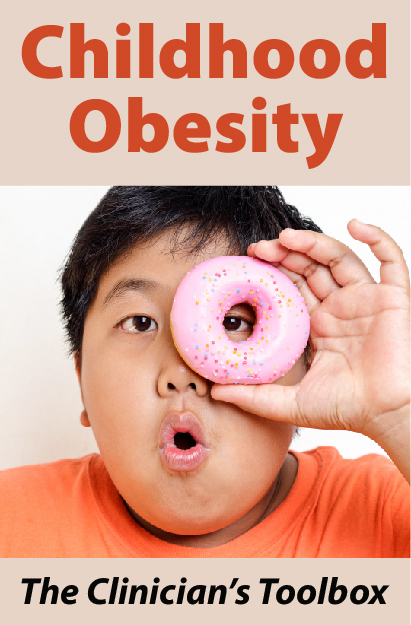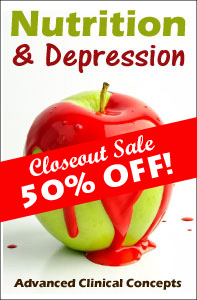SALE
$7
REG. $14

Related Courses

Why Diets Fail: The Myth of Willpower

Childhood Obesity: The Clinician’s Toolbox

Nutrition and Mental Health: Advanced Clinical Concepts

Nutrition and Depression: Advanced Clinical Concepts

Beyond Calories & Exercise: Eliminating Self-Defeating Behaviors
Caffeine and Health
Judy Perkin, DrPH
CE Credit: 1 Hour
Target Audience: Psychology CE | Counseling CE | Social Work CE | Occupational Therapy CEUs | Marriage & Family Therapy CE | School Psychology CE | Teaching CE
Learning Level: Introductory
Course Abstract
Learning Objectives
Professional Development Resources (PDR) has been approved by the National Board for Certified Counselors (NBCC) as an Approved Continuing Education Provider, ACEP No. 5590. Programs that do not qualify for NBCC credit are clearly identified. PDR is solely responsible for all aspects of the programs.
Professional Development Resources is CE Broker compliant (#50-1635 - all courses are reported within two business days of completion). Professional Development Resources, Inc. is recognized by the New York State Education Department’s State Board for Mental Health Practitioners as an approved provider of continuing education for licensed mental health counselors (#MHC-0135 - Note: New York counselors will receive 1 continuing education credits for completing this self-study course).
This online course provides instant access to the course materials (PDF download) and CE test. The course is text-based (reading) and the CE test is open-book (you can print the test to mark your answers on it while reading the course document).
Successful completion of this course involves passing an online test (80% required, 3 chances to take) and we ask that you also complete a brief course evaluation. Click here to learn more.
Have a question? Contact us. We’re here to help!
Judy Perkin, DrPH, has a Doctor of Public Health degree from the University of Texas, School of Public Health at Houston and has approximately 30 years of experience in academia, public health, and in hospital settings. She currently serves as Chair and Professor of the Department of Public Health at the University of North Florida in Jacksonville, Florida. She is a Registered Dietitian and a Certified Health Education Specialist. Her teaching interests have included food safety, nutrition, epidemiology, environmental contaminants, and mental and emotional health education. She has published in the peer–reviewed literature on the topic of food safety. Previously she has edited and co-authored a book on food allergies and adverse food reactions.
Author Disclosure:
Financial: No relevant financial relationship exists.
Nonfinancial: No relevant nonfinancial relationship exists.
Customer Reviews